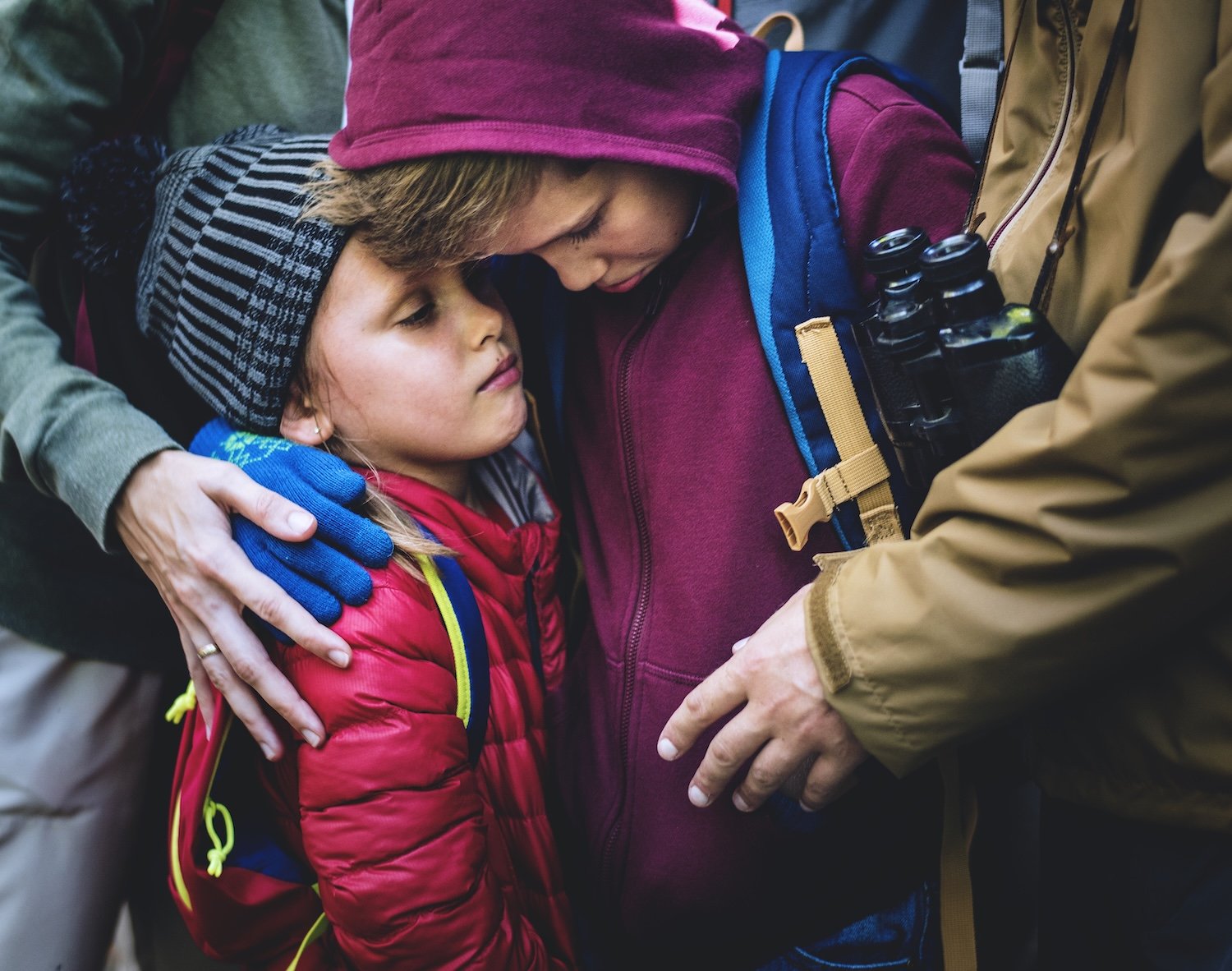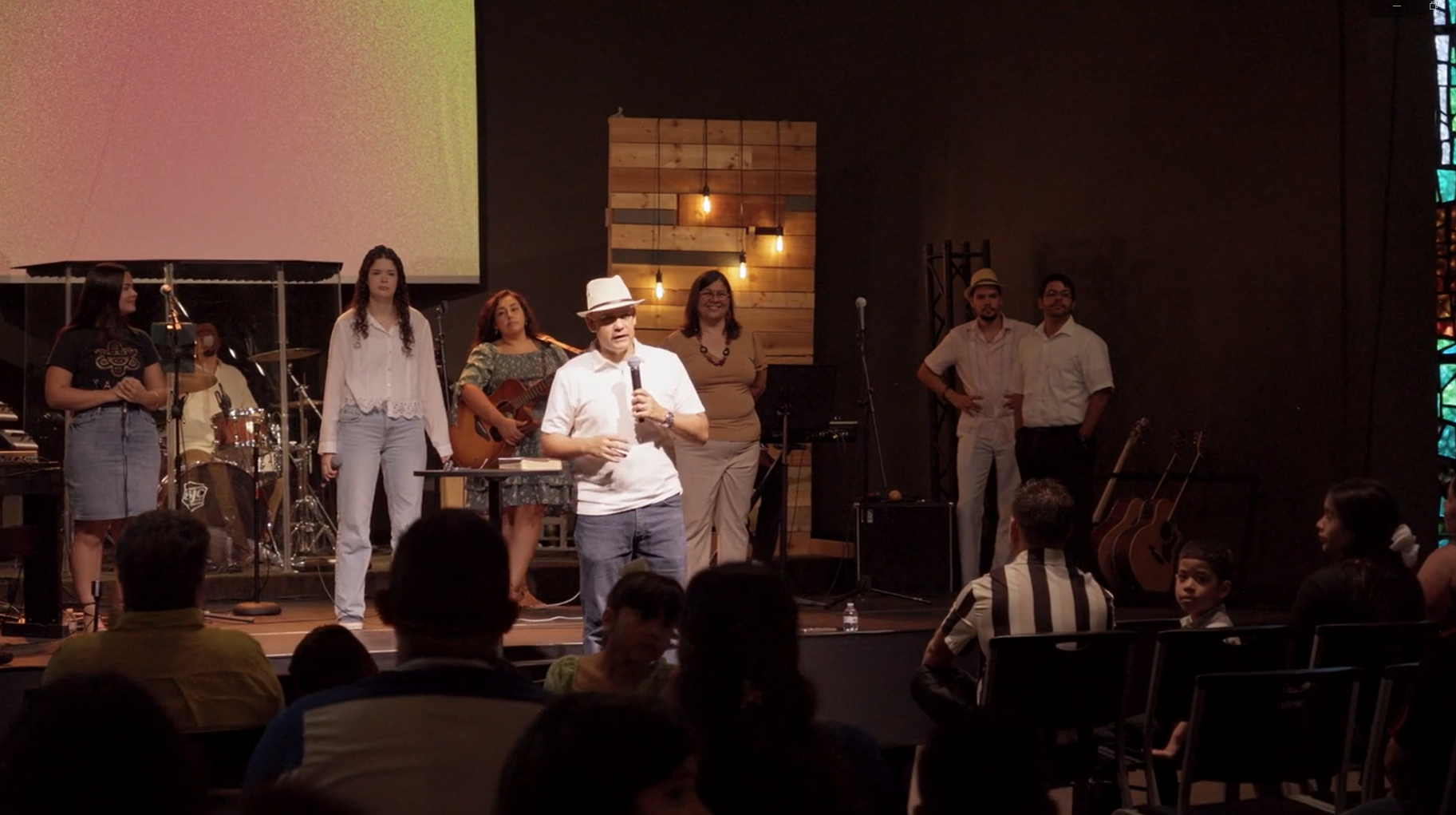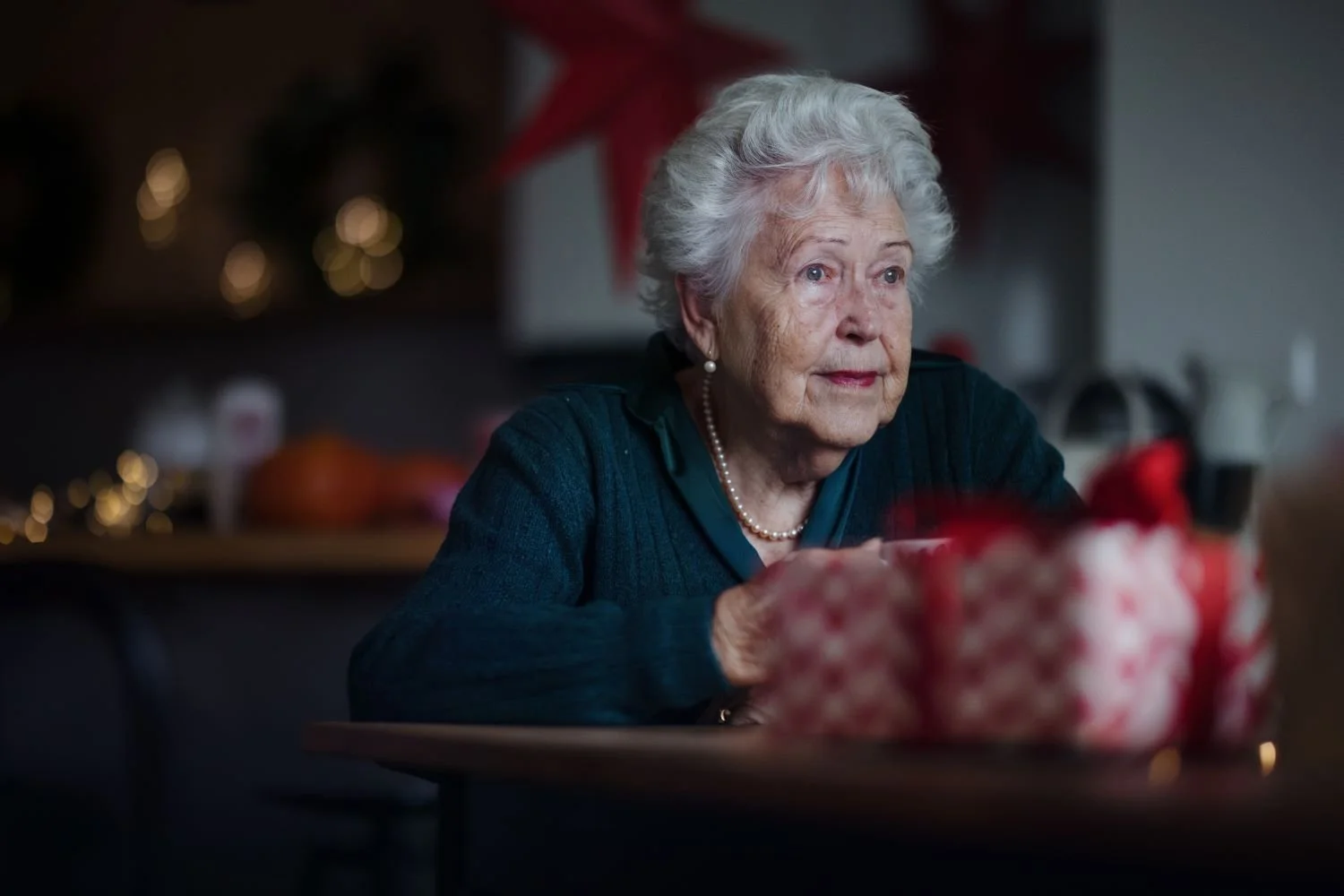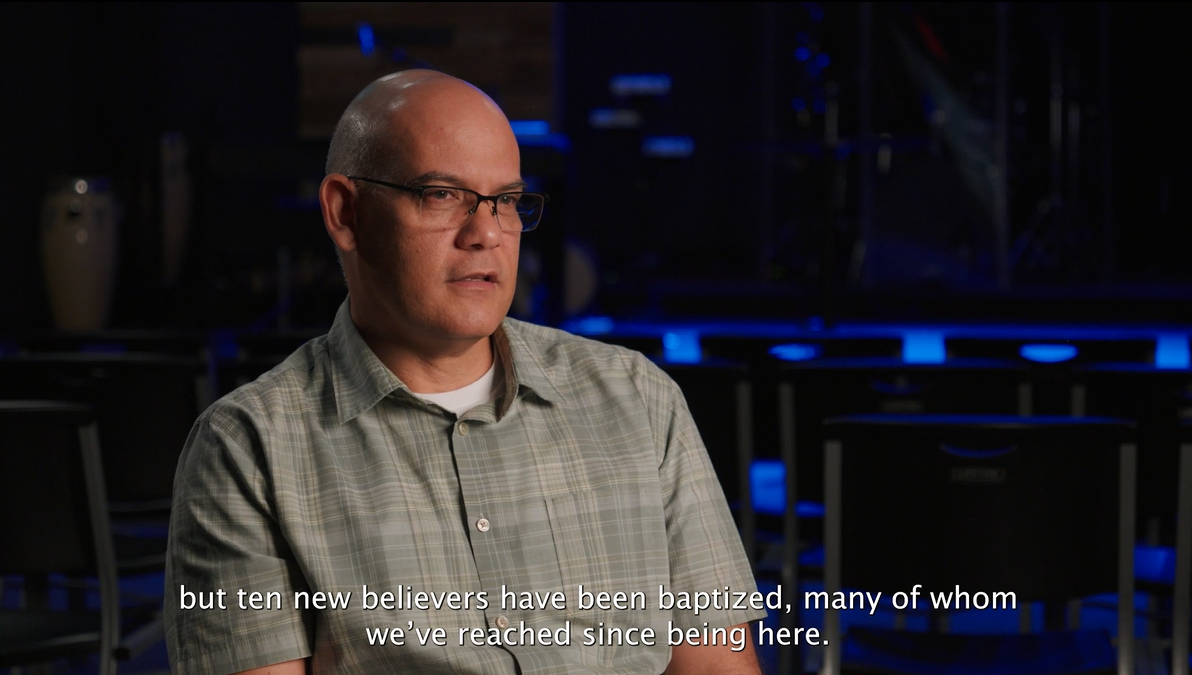What is Collaborative Sending?
We all want to be about Kingdom work. But when it comes down to it, it’s hard to know how to prepare and send our own people out to become the next generation of pastors, missionaries, church planters, etc. Especially in normative-size churches, the idea of equipping people for ministry seems daunting.
But with small shifts in our mindset, we can tap into the resources that we already have! Our association and city are rich with healthy churches, ministry experience, missionary zeal, and places to learn ministry skills. If only we knew and worked together to use those resources.
In this video, Justin Seale (Minister of Missions at Houston’s First Baptist) and Ender Palencia (Pastor of Missions at Sugar Creek Baptist) explain the heart of Sending Pathways.
JUSTIN SEALE, “Sending Pathways is really about working together with believers across the city, across the region. There are churches of all types, big, medium, small, house churches. Some churches have resources, some have people, some have the desire, but they just don't know how to get started.
If we could walk side by side, helping one another, not only do we do it more effectively, but we get the joy of working together. We can have this Kingdom mindset where multiple churches, organizations even, are walking side by side, unified in the same direction. That's what I see as Sending Pathways.
“We can have this Kingdom mindset where multiple churches, organizations even, are walking side by side, unified in the same direction. That’s what I see as Sending Pathways.”
ENDER PALENCIA, “As churches, as Christians, we have to make it our priority to make sure that we are constantly thinking about the next generation of believers who are going to lead our congregations and who are going to lead the taking of the Great Commission to our city and also to other parts of the world.
As churches, we have to develop pathways. Do we have to develop pipelines that allow us to identify those that God is calling and setting out for the sake of ministry—whether it's vocational or non-vocational? Do we have pathways not only to identify them but also to equip them and prepare them so that we can send them to live for that Great Commission?”
JUSTIN SEALE, “ We want to find those types of people. We want to raise up people who will join us or go for us that we can resource, train, and send so that they could engage those in completion of the commands of Jesus to complete the work that we have in front of us.
I get to Revelation 5:9 and Revelation 7:9, and I hear these words: there's this vast multitude from every nation, tribe, people, and language worshiping before the throne. And I know that's not true yet, that it will happen one day, but that's not true today. And that bothers me.”
ENDER PALENCIA, “You know, we are in one of the biggest cities in our country, one of the most diverse cities in the country. We have people from literally all over the world that have made the Houston metropolitan area their home.
And so the idea of many churches of different sizes, different ethnicities, who speak different languages, all coming together to fulfill this Great Commission, to build this kingdom of God, it's just exciting. And it just gets me fired up and excited about doing what God has called us to do.”
Photo by Elianna Gill on Unsplash









UBA is moving toward a once-in-a-generation chance to establish a gospel footprint and church planting incubator in the Heights.